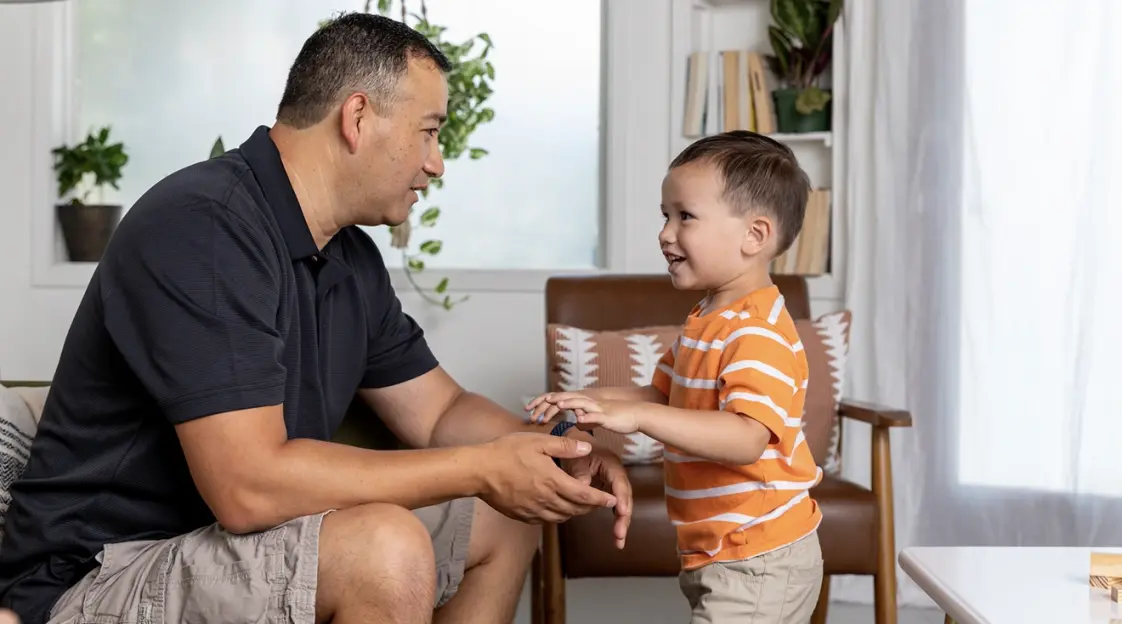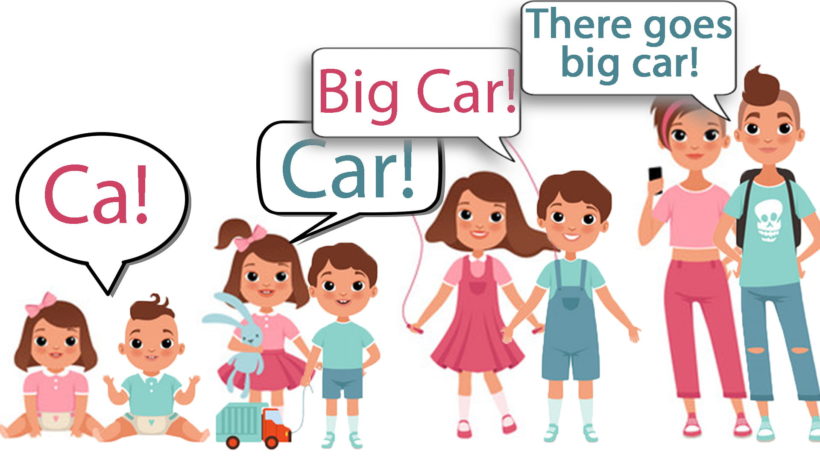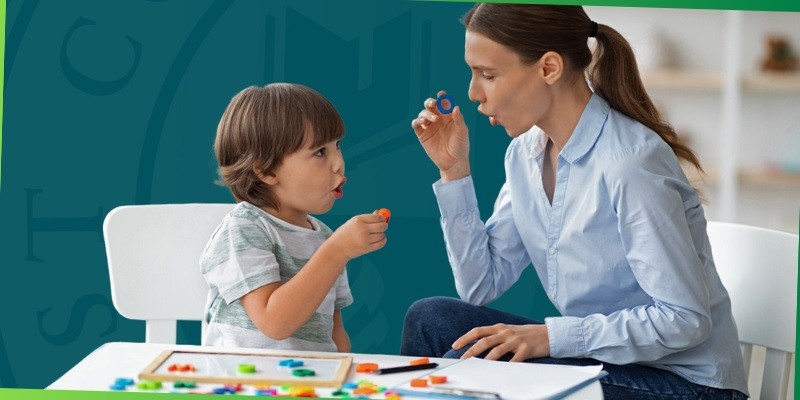Encouraging speech development in toddlers is crucial for their overall growth. It helps them communicate, understand, and learn better.
As a parent or caregiver, you play a key role in helping your toddler’s speech development. Early speech skills are vital for a child’s future success in school and social settings. Toddlers learn to speak by listening and interacting with those around them.
Simple daily activities can make a big difference in their speech growth. By creating a supportive environment, you can boost their confidence and skills. In this blog, we will explore practical and fun ways to encourage your toddler’s speech development, making the learning process enjoyable for both you and your child. Let’s get started!

Credit: www.thebump.com
Creating A Language-rich Environment
Creating a language-rich environment is crucial for toddlers’ speech development. This environment stimulates their curiosity and encourages them to use words. Simple daily interactions can make a big difference. Here are some effective strategies to create such an environment.
Interactive Reading
Interactive reading is a powerful tool. Choose colorful, engaging books. While reading, point to pictures and name them. Ask simple questions about the story. Encourage your child to repeat words. Make reading a fun and daily activity. This builds vocabulary and comprehension.
Narrating Daily Activities
Narrate your daily activities. Describe what you are doing. “I am washing the dishes.” “Look, I am folding clothes.” This helps your child connect words with actions. It also introduces them to new vocabulary. Make it a habit to talk through your routine. It provides constant language exposure.
Engaging In Conversations
Engaging with toddlers in conversations helps them develop speech skills. Ask open-ended questions and encourage them to express themselves. Use simple, clear language to aid their understanding and growth.
Engaging in conversations with your toddler is one of the most effective ways to support their speech development. It’s not just about talking to them; it’s about talking with them. Conversations encourage your child to think, respond, and use new words.
Asking Open-ended Questions
Ask open-ended questions to spark curiosity and deeper responses. Instead of asking, “Did you have fun today?” try, “What was the most fun thing you did today?”
These questions require more than a yes or no answer. They encourage your child to form sentences and express their thoughts.
Start with simple questions about their day or favorite activities. This helps them feel comfortable and eager to share.
Active Listening
Show your child you’re interested in what they have to say by actively listening. Make eye contact, nod, and respond to their answers.
Repeat or expand on their responses to show you understand and value their words. If your toddler says, “I saw a dog,” you might respond with, “What color was the dog?” or “Did the dog bark?”
This not only validates their thoughts but also introduces new vocabulary and sentence structures.
Engaging in conversations might seem simple, but it’s a powerful tool for boosting your toddler’s speech development. What new question will you ask your child today?
Incorporating Play
Incorporating play into your toddler’s daily routine can significantly boost their speech development. Play makes learning fun. It encourages toddlers to explore, communicate, and understand the world around them. Below are ways to use play for speech development.
Using Educational Toys
Educational toys can greatly aid speech development. Choose toys that make sounds or require talking. Interactive books with sounds and buttons can be very helpful. Toys that encourage naming objects, like picture cards, can also be beneficial. Regularly engage with your child using these toys. Ask questions. Encourage them to name objects.
Building blocks and shape sorters can help too. While playing, describe the shapes and colors. This helps build vocabulary. Educational toys make learning words a fun activity. They help turn playtime into a valuable learning experience.
Role-playing Games
Role-playing games can also encourage speech development. These games allow toddlers to use their imagination. Simple games like playing house or pretending to be a doctor can be very effective. During these games, encourage your child to speak. Ask them to explain their actions. Take turns in different roles. This helps them learn new words and practice sentences.
Using dolls and action figures can further enhance these games. Create little stories and dialogues. Encourage your child to join in. Role-playing games provide a rich environment for language learning. They help children understand how to use language in different situations.

Credit: www.stemlittleexplorers.com
Frequently Asked Questions
How Can I Stimulate My Toddler’s Speech?
Encourage toddler speech by talking, reading, and singing to them daily. Use simple words and short sentences. Respond to their attempts at communication. Play interactive games and provide a language-rich environment.
What Delays A Toddler’s Speech?
Hearing problems, autism, lack of social interaction, and developmental disorders can delay a toddler’s speech. Early intervention helps.
What Is The Normal Age For A Toddler To Start Talking?
Toddlers typically start talking around 12 to 18 months. They begin with simple words and gradually expand their vocabulary.
What Are The 5 Stages Of Speech Development?
The 5 stages of speech development are cooing, babbling, first words, two-word phrases, and complex sentences. Each stage builds on the previous, enhancing communication skills.
Conclusion
Encouraging speech development in toddlers is vital. Use daily interactions to help. Engage in conversations often. Read books together regularly. Sing songs and play word games. Always listen patiently. Praise their attempts at speaking. Create a supportive environment. These small steps make a big difference.
Your toddler will gradually improve. Enjoy this learning journey together.

